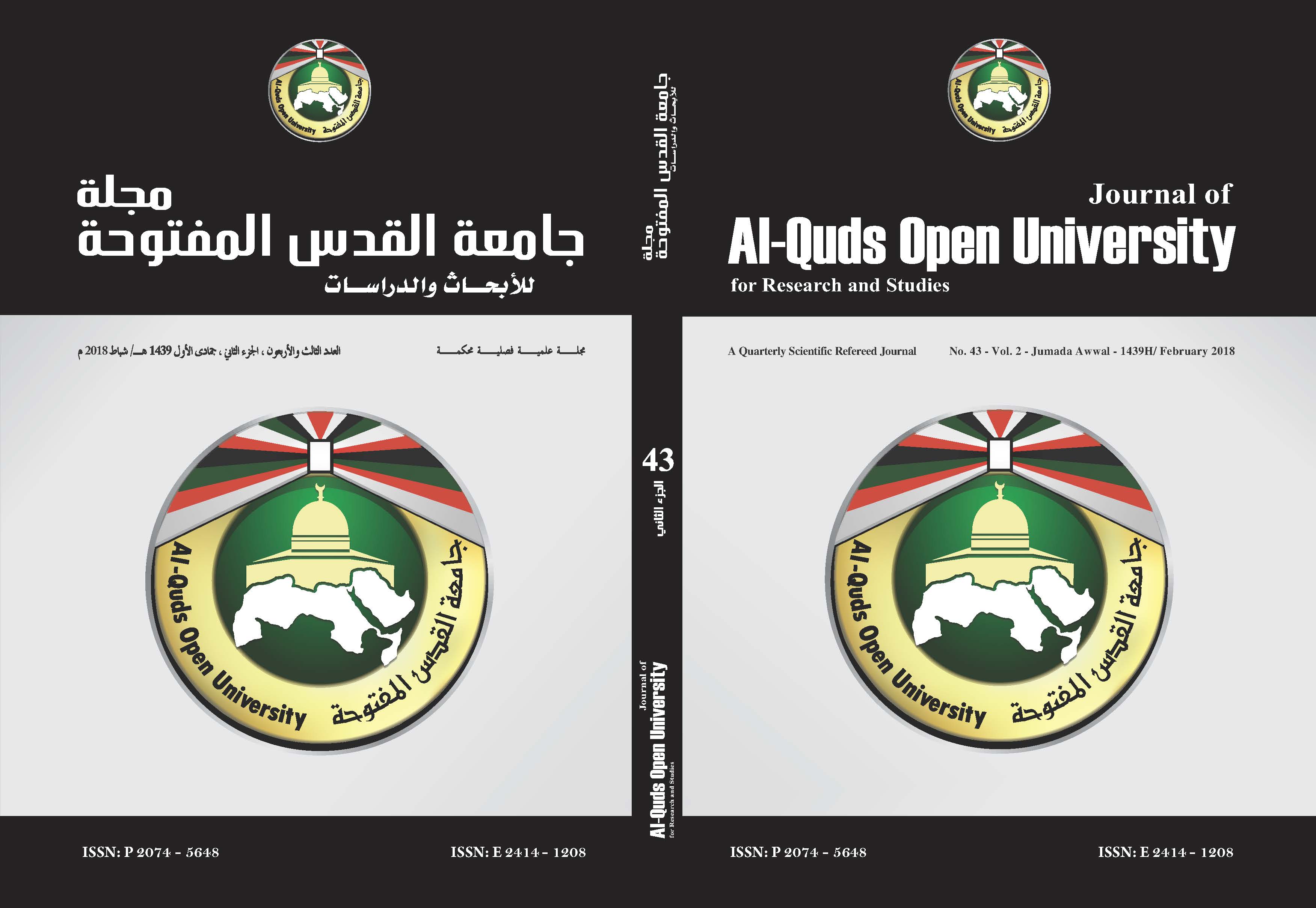Crime through a Modern Philosophical Approach
Keywords:
crime, legislation, modern philosophy, responsibility, punishmentAbstract
The subject of this research belongs to the philosophy of law; it addresses the issue of crime from a modern philosophical angle. Thus, it addresses the topic from the point of view of the philosophers of the Enlightenment age ,namely, Rousseau, Diderot, Montesquieu, as well as from the point of view of the English empirical Utilitarianism at 18th and 19th century, such as Bentham and Stuart Mill.
This modern approach experienced a second phase with Kant, the pioneer of the German Philosophy, and his successor Hegel, the idealist and founder of the dialectical logic.
This modern philosophy came to counteract the old and prevalent criminal thought throughout ancient and medieval times in Europe which was based on absolute authority of the judge or the jury. They believed that crime is an evil that afflicts the society. Then the criminal should be subjected to the punishment to hurt him/her as he/she hurt others.
In short, what does the word ‘crime’ mean, and when is the person responsible for the crime according to the legislation and according to the philosophers mentioned above? and is the punishment according to them enough to fight the crime and social illnesses? What are the points to criticize in this trend?
This is the problem that we will attempt to address in this research by following the theoretical critical analytical method, in line with the philosophical and contemplative nature of this approach. The most striking result of this study is that contemporary penalization codes in many Western and Arab countries have been influenced by modern philosophies.
Downloads
Published
How to Cite
Issue
Section
License
- The editorial board confirms its commitment to the intellectual property rights
- Researchers also have to commit to the intellectual property rights.
- The research copyrights and publication are owned by the Journal once the researcher is notified about the approval of the paper. The scientific materials published or approved for publishing in the Journal should not be republished unless a written acknowledgment is obtained by the Deanship of Scientific Research.
- Research papers should not be published or republished unless a written acknowledgement is obtained from the Deanship of Scientific Research.
- The researcher has the right to accredit the research to himself, and to place his name on all the copies, editions and volumes published.
- The author has the right to request the accreditation of the published papers to himself.













_2.png)
_.png)
_2.png)
_1.png)
_.png)

